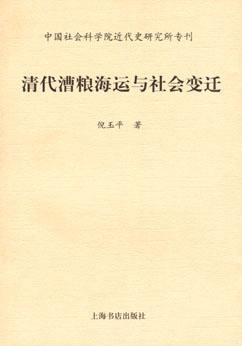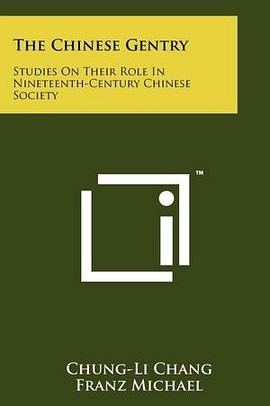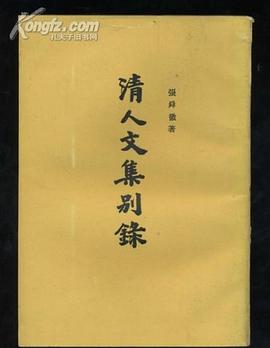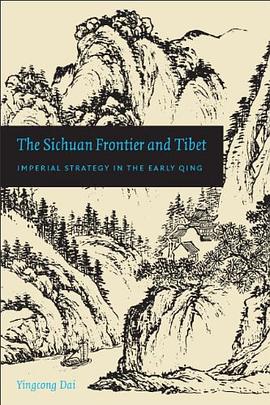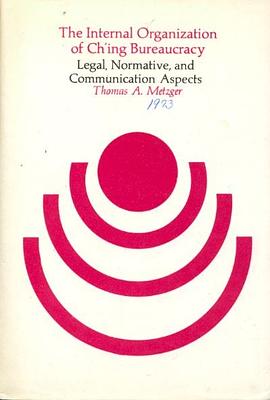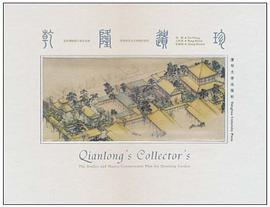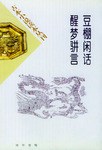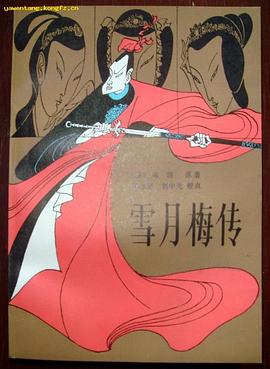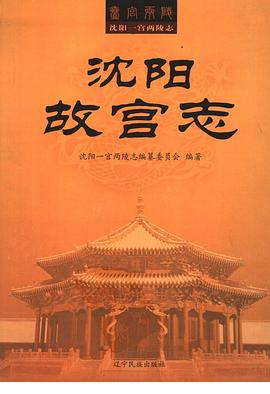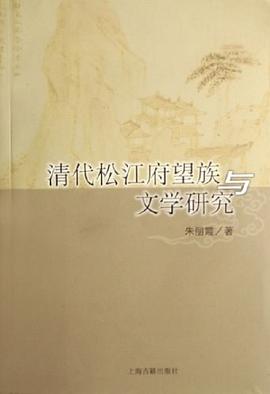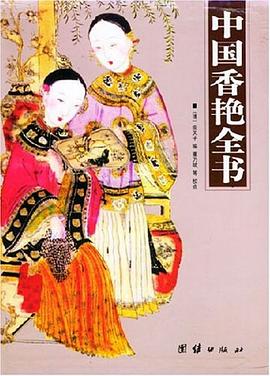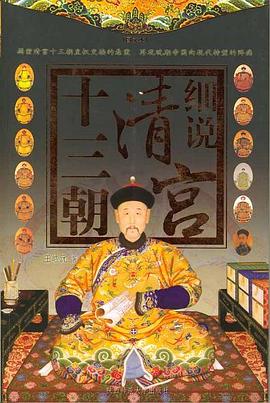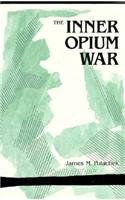
The Inner Opium War pdf epub mobi txt 电子书 下载 2026
- 海外中国研究
- 历史
- Polachek
- 思想史
- 近代史
- 海外中国学
- Canton
- 論文
- 鸦片战争
- 中国近代史
- 历史
- 社会
- 文化
- 政治
- 毒品
- 改革
- 西方影响
- 清朝

具体描述
Why did defeat in the Opium War not lead Ch'ing China to a more realistic appreciation of Western might and Chinese weakness? James Polachek's revisionist analysis exposes the behind-the-scenes political struggles that not only shaped foreign-policy decisions in the 1830s and 1840s but have continued to affect the history of Chinese nationalism in modern times.
Polachek looks closely at the networks of literati and officials, self-consciously reminiscent of the late Ming era that sought and gained the ear of the emperor. Challenging the conventional view that Lin Tse-hsu and his supporters were selfless patriots who acted in China's best interests, Polachek agrues that, for reasons having more to do with their own domestic political agenda, these men advocated a futile policy of militant resistance to the West. Linking political intrigue, scholarly debates, and foreign affairs, local notables in Canton and literati lobbyists in Perking this book sets the Opium War for the first times in its "inner," domestic political context.
作者简介
James M. Polachek is an international markets analyst working for Baring Securities, Inc., in New York City
目录信息
Opium War Policies: Some Interpretations
The Literati: An Anticipatory Overview
Part 1: The Literati Re-Ascendant
Who Were the Literati?
Ideals of Career Patronage
Constraints on Clique Politics
The Hsuan-an Poetry Club as a Literati Faction
As a Bureaucratic Patronage Clique
As a Brotherhood of Aesthete-Connoisseurs
Political Failure
Aftermath: Lin Tse-hsu's Northern Reclamation Plan
Part 2: The Rise of the Spring Purification Circle
As a Personal Network
As a Political Faction
Ritual and Symbol
Literary and Scholastic Philosophy
The Ideal of "Moral Censure" (ching-i) Politics
Part 3: The Politics of Opium Suppression
The Case Against Embargo
The Legalization Initiative of 1836
The Failure of the Initiative
Intransigents Take the Helm
Part 4: The Myth of Victory in Kwangtung
Lin Tse-hsu and the Anti-Opium Campaign
Lin Tse-hsu versus Ch'i-shan
The Siege of Canton
San-yuan-li
Paramilitary Realities
Part 5: The Debate Over the Conduct of the War
Ch'i-shan and the Tientsin Negotiations
The Case of Yao Ying on Taiwan
Wei Yuan and the Strategy of Defensive War
Yao Ying and Britain's Vulnerability in South Asia
Part 6: The Ku Yen-Wu Shrine Association
The Mu-chang-a Government and Literati Political Influence
Political Organization of the Association
Ritual and Scholastic Philosophy
In Search of a Political Program
Part 7: The End of Manchu Diplomacy
The Second Victory of the Cantonese
Showdown
The Bonham Letter
The Crisis in Kwangsi
The Recall of Lin Tse-hsu
Part 8: Epilogue
Notes
Bibliography
Glossary/Index
· · · · · · (收起)
读后感
评分
评分
评分
评分
用户评价
这本书的封面设计,坦白说,第一眼抓住我的,是那种略显陈旧的,像是老照片经过时间洗礼后的那种灰调子。它没有用那种浮夸的、试图在书架上用最鲜艳的色彩尖叫的装帧手法,反而选择了一种内敛的、带着某种历史厚重感的质地。翻开扉页,那些排版是如此的考究,字体间距和行距的把握,让人感觉作者和出版方对“阅读体验”本身有着近乎偏执的尊重。内容上,它探讨的不是宏大叙事,而是聚焦于个体精神世界的幽微之处。我尤其欣赏作者在描述角色心理活动时所采用的视角——那种抽丝剥茧般的冷静,却又在关键节点突然爆发出的情感张力,让人不得不放慢速度,反复咀嚼那些句子。它像是一块陈年的琥珀,你得凑近了,才能看清里面凝固的光影和纹理。读完第一部分,我立刻意识到,这不是一本能让人在通勤路上囫囵吞枣的书籍,它需要你完全沉浸,将外界的喧嚣隔绝,与纸面上的文字进行一场私密的、近乎冥想的对话。这种体验在当下的快餐文化中,已属难得的珍宝。
评分关于人物塑造方面,这本书的魅力在于其对“灰色地带”的坦诚。这里没有绝对的英雄或彻头彻尾的恶棍,每个人物都像是一个矛盾体的集合。最让我震撼的是,作者毫不留情地展示了那些高尚的理想是如何被最日常、最琐碎的私欲所腐蚀和扭曲的。那些角色的动机是如此的复杂和难以界定,他们的“正确”选择往往伴随着巨大的自我欺骗,而他们的“错误”行为背后又可能隐藏着某种无可奈何的生存哲学。我发现自己对一些本应被谴责的角色产生了强烈的共情,这种感觉非常奇特且令人不安。作者似乎在质疑我们既有的道德框架,让我们不得不思考,在特定的压力和历史背景下,人性的边界究竟可以被推向何方。这种对人性模糊性的深入挖掘,让这本书的思想重量远超其篇幅。
评分书中对环境氛围的刻画,简直达到了令人窒息的程度。我能清晰地“闻到”那些场景中弥漫的湿气、尘土和某种难以名状的香料味。作者似乎并不满足于简单的视觉描摹,他深入到了感官的各个层面,调动了触觉、听觉,甚至是对温度的感知。例如,有一段描写角色在一个封闭空间内独处的场景,文字的密度和重复性,成功地在我的脑海中构建出那种时间被无限拉长的、令人焦躁不安的物理感受。这种环境描写不是为了炫技,而是作为角色内心世界的延伸和映照。周遭世界的“脏乱”或“刻意整洁”,都直接反映了人物精神状态的内在逻辑。读到那些段落时,我甚至会不自觉地调整坐姿,仿佛自己也一同被困在了那个光线昏暗、空气凝滞的角落里。这种对空间细节的执着,使得整本书的“世界观”拥有了令人信服的坚固性。
评分语言的运用达到了某种近乎诗意的精准度,但又避开了故作高深的晦涩。它更像是经过千锤百炼后的工具,每一句话都旨在达成最有效率的传达,但其底色却流淌着一种古典文学的韵律感。作者在词汇的选择上,展现了令人惊叹的广度与深度,尤其是在处理那些涉及专业领域或历史典故时,处理得干净利落,既提供了信息,又不打断阅读的流畅性。我注意到,书中对某些核心概念的重复使用,并非是作者词穷,而是一种有意为之的“回声”效果,让读者在潜意识中不断加深对特定主题的印象。这本书的阅读体验,与其说是阅读一篇小说,不如说是在聆听一曲精心编排的交响乐,高低起伏,错落有致,每一个音符(词语)都恰如其分地服务于整体的宏大结构,读完之后,脑海中久久萦绕的,是那种经过提炼、沉淀后的语言之美。
评分我很少遇到一本书能将叙事结构搭建得如此精巧,仿佛作者在创作时手中握着一把精密的瑞士钟表。它不是那种线性叙事,一板一眼地讲述“发生了什么”,更多的是一种回旋式的、螺旋上升的结构。章节之间的衔接处理得极其高明,常常在一个似乎是次要角色的视角切换中,突然就为前文埋下的伏笔提供了全新的解读维度。这种手法要求读者必须保持高度的警觉性,任何一个看似不经意的对话片段,都可能在后续章节中爆发出惊人的能量。我甚至有几次翻回前几章,重新对照,试图捕捉作者最初植入的那些微小“语法错误”或“语境误导”。这本书的节奏感掌握得炉火纯青,既有长篇大论的哲学思辨,也有短促如刀锋般犀利的场景描摹。它迫使你作为一个主动的参与者,去填补那些留白的空白,而不是被动地接受信息流。这种阅读过程带来的智力上的挑战和满足感,是近年来阅读体验中最为深刻的一次。
评分“吵架的理由还没找好,但准备吵架的双方已经都就位了。”
评分现在看是很一般的研究,1991年出版的书,研究应该是80年代完成的,那时候茅海建还在吭哧吭哧读档案呢。海外汉学研究其实是为了让美国知识界了解中国,并不是要跟中国学者竞争,中国学者不如海外汉学,那才是丢人。
评分我相当怀疑Polachek是不是因为不会写作才找不到工作的
评分作者四月时因新冠肺炎去世了。这本书价值极高,惜乎作者在这本书之后就基本退出学术界了。
评分扫过。。。
相关图书
本站所有内容均为互联网搜索引擎提供的公开搜索信息,本站不存储任何数据与内容,任何内容与数据均与本站无关,如有需要请联系相关搜索引擎包括但不限于百度,google,bing,sogou 等
© 2026 book.quotespace.org All Rights Reserved. 小美书屋 版权所有


